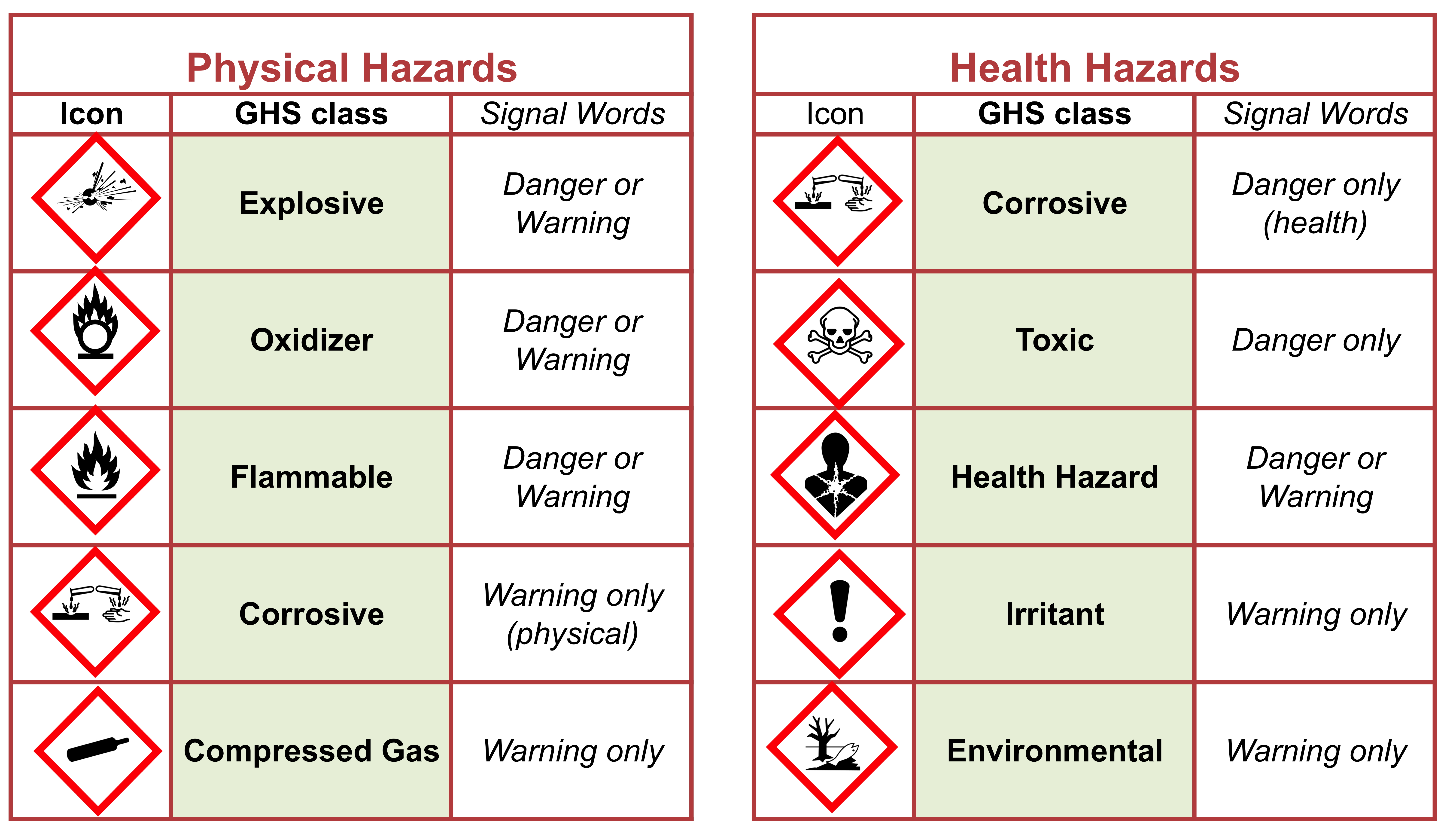Boston Marathon Psychology reveals the complex mental landscape that unfolds during this iconic 26.2-mile race. Each year, participants not only push their physical limits but also navigate a plethora of emotions and psychological challenges. Motivations for running a marathon vary widely, from personal achievement to honoring loved ones, showcasing the deep-seated driving forces behind this grueling endeavor. As observed by experts like Dr. Jeff Brown, the head psychologist for the Boston Marathon, the psychological effects of running can significantly impact mental health, exemplifying the interplay between endurance and emotional resilience. Understanding this aspect of the marathon can provide invaluable insights into why so many runners embark on such a monumental journey, reinforcing the notion that running is about more than just physical fitness—it’s a powerful form of self-expression.
The psychology behind marathons, especially the legendary Boston Marathon, captures the diverse motivations and mental states of participants. Each runner brings their own story, challenges, and aspirations to the race, which significantly influences their performance and overall experience. Variations in the psychological effects of endurance running can notably affect an individual’s mental well-being, illustrating how personal narratives intertwine with the act of racing. For many, the question of why run a marathon transcends mere fitness goals, delving into the realms of personal growth, community engagement, and empowerment. This fascinating intersection of running and mental health continues to inspire countless individuals, shedding light on the profound impact marathon running has on both the mind and body.
The Psychological Benefits of Running
Running, especially in the context of lengthy races like marathons, brings a wealth of psychological benefits that extend far beyond physical fitness. Engaging in a sport that demands endurance and strength allows runners to tap into a profound sense of purpose and achievement. As many runners gear up for events like the Boston Marathon, they often find themselves motivated by personal goals that can enhance self-esteem and foster resilience. This psychological elevation aids in coping with life’s challenges, making running a vital tool for mental health. Additionally, as runners navigate the difficult terrain of marathon training, they often discover the profound liberating effects of physical activity, reducing feelings of anxiety and creating a sense of community with fellow athletes.
Moreover, the repetitive nature of running can have a meditative effect, serving as a form of mindfulness practice. Many runners report a state of flow—a mental zone where thoughts are clear, and the outside world fades away. The combination of physical exertion and rhythmic breathing leads to an enhanced mood and a clearer mind, providing long-term psychological resilience. This is particularly evident during major races like the Boston Marathon, where the shared experience among participants creates a unique support network, reinforcing that sense of belonging and mutual encouragement. Ultimately, the mental health benefits of running manifest not just in individual coping mechanisms but in creating lasting social bonds in the running community.
Frequently Asked Questions
What is the psychology behind running the Boston Marathon?
The psychology behind running the Boston Marathon encompasses personal motivations, mental health benefits, and the emotional highs and lows associated with such a grueling challenge. For many, the race symbolizes a personal commitment to overcoming obstacles, improving mental fortitude, and achieving a sense of accomplishment. The connection between mind and body is amplified in the marathon setting, reflecting the profound psychological effects of running.
How does running the Boston Marathon affect mental health?
Running the Boston Marathon can significantly improve mental health by offering a sense of community, personal achievement, and stress relief. For many runners, crossing the finish line is not just a physical accomplishment, but also a pivotal moment of personal transformation and affirmation. This event can alleviate anxiety and depression, showcasing the powerful link between physical activity and psychological well-being.
What motivates people to run a marathon like the Boston Marathon?
Motivation to run the Boston Marathon is deeply personal and varies among participants. Common reasons include honoring loved ones, celebrating health, overcoming personal challenges, and fundraising for charities. Many find that the marathon serves as a profound psychological outlet, providing a unique opportunity to channel their energy into a structured and fulfilling goal.
What are the psychological effects of running a marathon?
The psychological effects of running a marathon, especially like the Boston Marathon, include increased self-esteem, improved mood, and a sense of belonging within a community. Completing such a race can lead to transformative moments where runners reflect on their journey, boosting their overall mental health. The experience reinforces the connection between achieving a goal and its psychological rewards.
What is the significance of the Boston Marathon in running psychology?
The Boston Marathon holds significant psychological value in the running community, symbolizing perseverance and dedication. The race’s rigorous qualifications and historical legacy create a unique environment where runners experience a blend of anxiety, excitement, and ultimate joy upon completion. This duality highlights the psychological impact of both the challenge and the celebratory aspect of finishing the race.
How can I prepare psychologically for the Boston Marathon?
Preparing psychologically for the Boston Marathon involves setting realistic goals, developing mental toughness, and practicing positive visualization techniques. Techniques such as mindfulness, mental rehearsals, and focusing on personal motivations can help runners manage the emotional challenges they may encounter during the race, ensuring they are mentally equipped for both the journey and the finish line.
Why is mental resilience important for marathon runners?
Mental resilience is crucial for marathon runners, particularly in challenging races like the Boston Marathon. It helps them cope with physical discomfort, emotional stress, and unforeseen challenges during the race. Developing this resilience allows runners to maintain focus, push through tough moments, and ultimately enjoy the rewarding experience of completing the marathon.
What role does physical training play in Boston Marathon psychology?
Physical training is fundamental to Boston Marathon psychology as it builds both physical endurance and mental strength. Consistent training helps runners develop a sense of discipline and accomplishment, while also mitigating anxiety about race day. The preparation not only equips them physically but also psychologically, reinforcing their belief in their ability to finish the marathon successfully.
| Key Points |
|---|
| Many runners participate for deeply personal reasons, often transforming their struggles into motivation. |
| The Boston Marathon serves as both a physical challenge and a psychological journey for participants. |
| Participants often find a sense of achievement and affirmation in completing the marathon. |
| For some, the experience of running a marathon helps them cope with personal losses or health challenges. |
| Experiencing a wide range of emotions during and after the race highlights the diverse motivations behind running. |
Summary
Boston Marathon Psychology highlights the complex motivations behind why individuals choose to run such a grueling distance. Beyond physical fitness, many runners confront personal challenges, channeling their struggles into a transformative experience. Psychologist Jeff Brown emphasizes that the marathon serves as a powerful platform for self-discovery and affirmation, showcasing the emotional spectrum participants encounter upon crossing the finish line. This intertwining of mental resilience and physical endurance illustrates the profound psychological impact the Boston Marathon has on participants, making it a unique event in the world of athletics.



